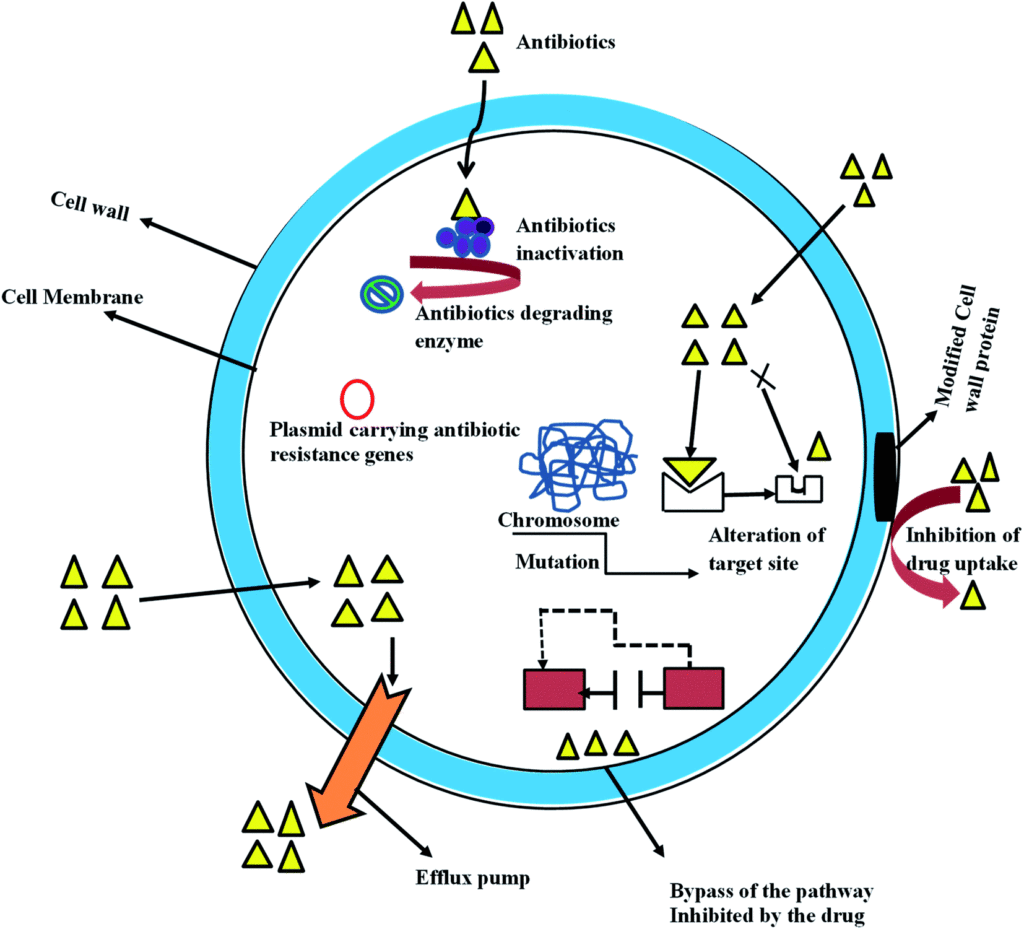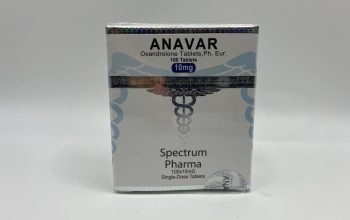Diabetes mellitus is a disorder of pancreatic function, which manifests itself in insufficient secretion of specific hormones. It is an endocrinological disease that can be both congenital and acquired during life. You can buy diabetes medications here https://farma-shop.best/diabetes-medication/.
The pathology can have different forms – differing in type:
- The first type is a congenital disease, which can manifest itself in childhood or transitional age, proceeds severely, and develops rapidly. Significant destruction of pancreatic tissue is observed. Treatment of type 1 diabetes involves constant maintenance of normal blood glucose levels by injecting insulin.
- Type 2 diabetes. Most often occurs at an older age and does not develop as quickly and rapidly as type 1. The problem here is not an insufficient supply of insulin in the blood, but a loss of sensitivity of the cells to this hormone. As a result, its normal secretion is disturbed. Treatment of type 2 diabetes does not necessarily involve the use of insulin injections. This is especially true for the initial stages of the disease, which can last for several years or even more.
Drugs for diabetes are chosen individually, depending on the type of disease and blood sugar levels. Sometimes a patient with type 2 diabetes is helped to regulate glucose levels and keep readings normal by rather “weak” drugs. However, over time, the dosage will still have to be increased, since the disease tends to progress. The same applies to insulin-dependent patients – the dosage of insulin administered at one time, gradually increases. A strict diet is mandatory, and an experienced endocrinologist must regulate the process. In addition to regular visits to the hospital and taking tests, the patient should monitor blood sugar levels on their own, using special means – a glucometer or test strips. Any changes, especially in a higher direction, should be immediately reported to the doctor, who will take appropriate measures and adjust the treatment schedule.

Groups of drugs for diabetes
The modern pharmaceutical industry offers a wide range of drugs for the treatment of diabetes. They are all divided into the following groups:
- Sulfo-urea derivatives. Their action is aimed at stimulating the beta cells of the pancreas and restoring insulin secretion.
- Biguanides Decrease gluconeogenesis in the liver (increases 3 times in diabetes) due to activation of AMP-activated protein kinase, which plays a decisive role in insulin signaling, in the body’s energy balance and glucose and fat metabolism. In addition, they reduce insulin resistance of muscle and fat tissue, increase tissue sensitivity to insulin, increase peripheral glucose uptake, increase fatty acid oxidation and decrease glucose absorption from the gastrointestinal tract.
- Thiazolidinediones (glitazones). Diabetes drugs in this group reduce insulin resistance of muscle and adipose tissue, as well as lipid synthesis in them.
- DPP-4 inhibitors. Increase the activity of insect hormones by blocking the destructive enzyme DPP-4, improve the function of islet α- and β-cells of the pancreas.
- GLP-1 receptor agonists. Glucagon-like peptide-1 (GLP-1) improves pancreatic islet α- and β-cell function by receptor stimulation.
- Alpha-glucosidase inhibitors. They block the action of enzymes that break down carbohydrates in the gastrointestinal tract, thus inhibiting their absorption. Because of this glucose enters the blood with a delay and in smaller quantities, prevents a high rise in blood glucose levels, which are usually observed after a meal. Reduce body weight.
You can buy these and other medicines at https://farma-shop.best/alzheimer-s-parkinson-s/.



